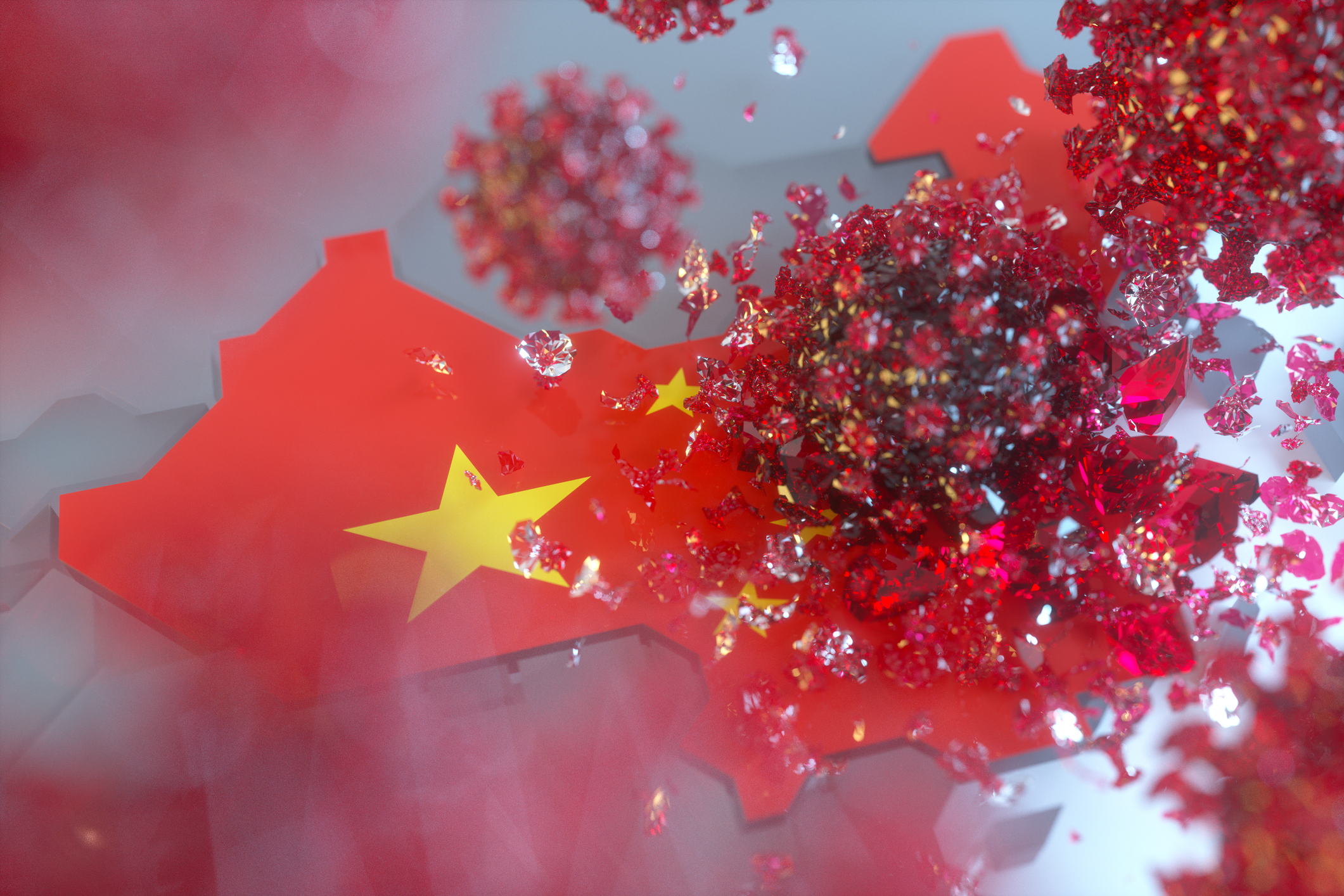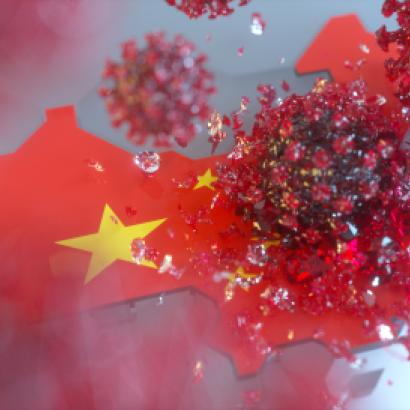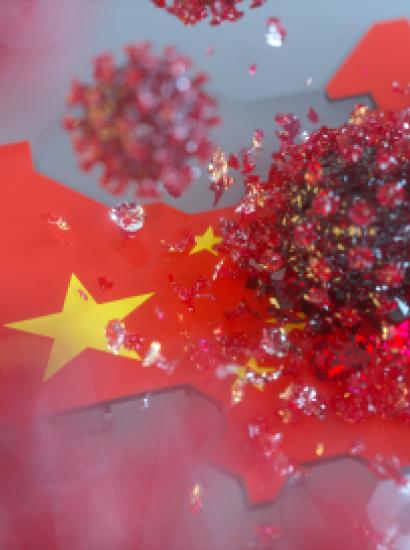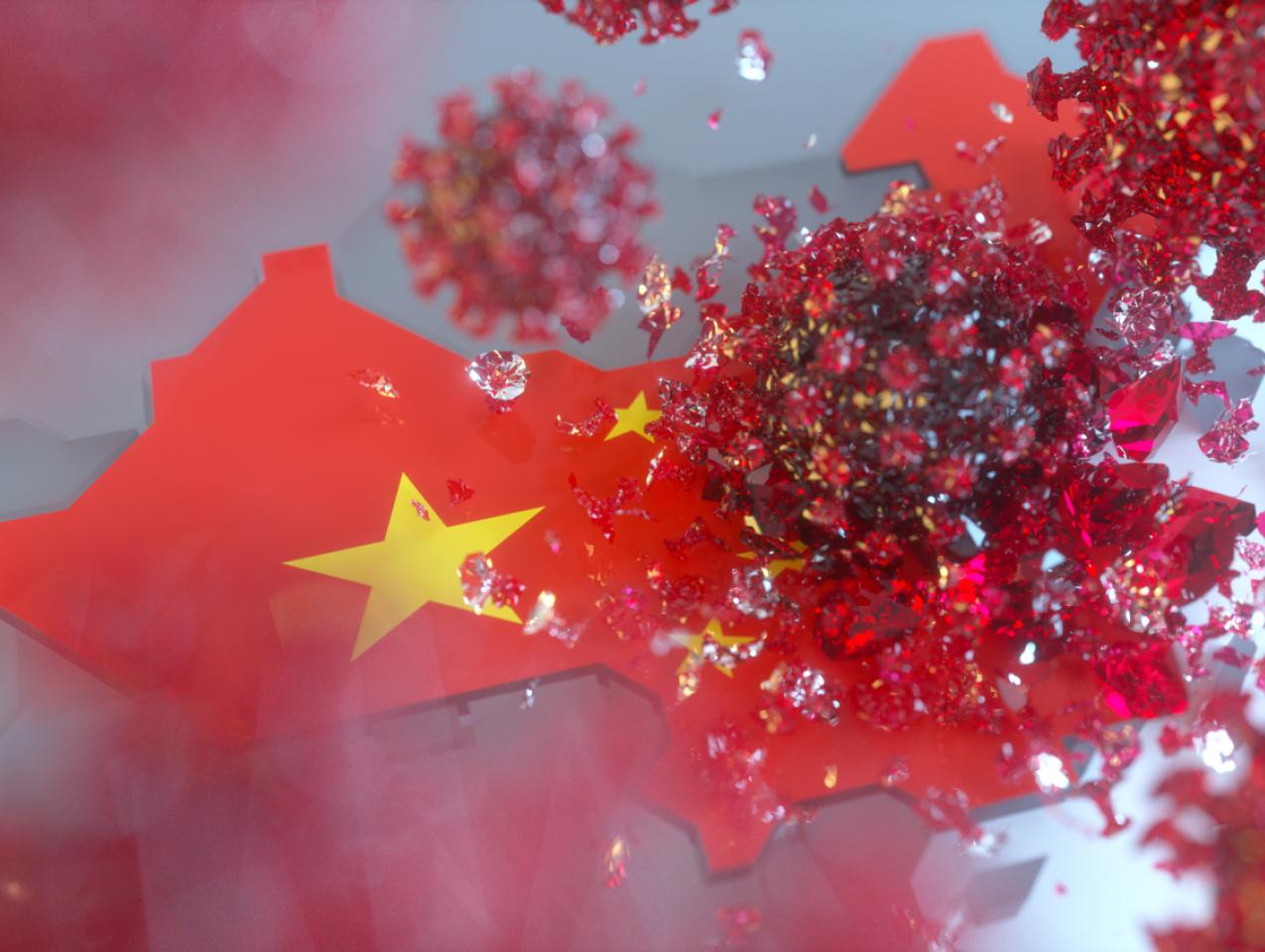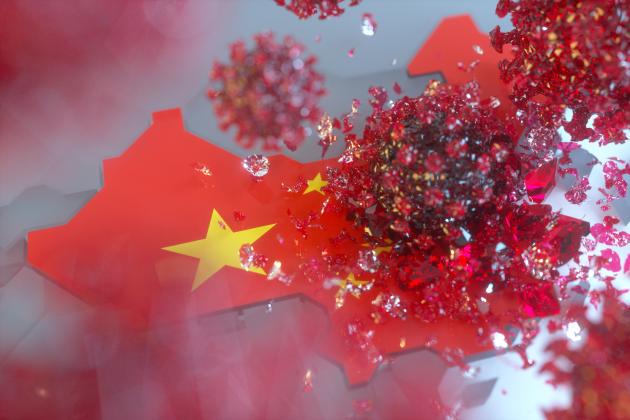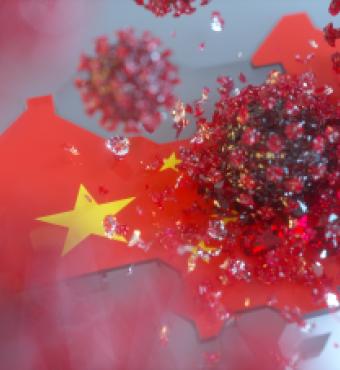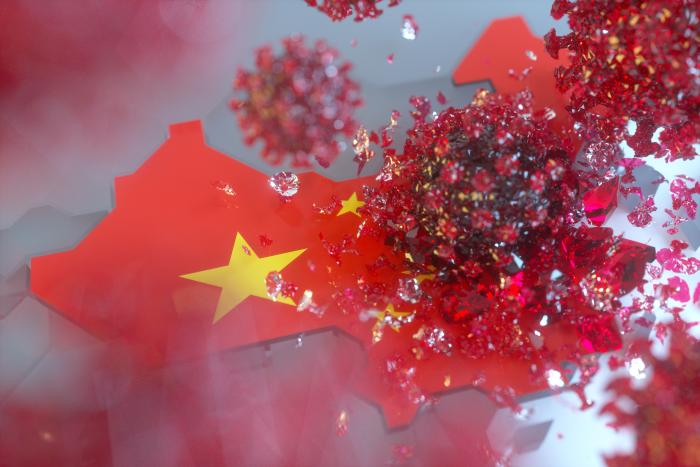The global spread of COVID-19 has disrupted diplomatic progress in the rocky US-China relationship and the domestic political dynamics of US policy toward Beijing, argued Washington Post columnist Josh Rogin during a Hoover Institution webinar on May 13, 2020.
The discussion was part of a series of events within Hoover’s Taiwan in the Indo-Pacific Region project, chaired by Senior Fellow Larry Diamond and managed by Visiting Fellow Glenn Tiffert.
Rogin maintained that events of January 15, 2020, appeared to mark a turning point after three years of economic pressures placed on Beijing by Washington, aimed at correcting what members of the Trump administration felt were unfair and imbalanced trade practices. That day, President Trump and China’s top negotiator, Vice Premier Liu He, signed Phase One of the US-China Trade Deal in a ceremony at the White House. In substance, Washington agreed to ease tariffs on Chinese goods in exchange for a guarantee from Beijing to purchase more American products.
Rogin explained that as the coronavirus spread globally in late January China’s efforts to save face, reshape the international order, and conduct global information operations magnified many American political leaders’ grievances against Beijing. They called for, among other actions, the decoupling of America’s medical and food supply chains from China, as well as the disentanglement of the two countries’ financial systems. A recent example he highlighted was the Trump administration’s recent demand that the retirement savings program for federal employees and military personnel ban the investment of funds in Chinese companies.
Rogin noted that the pandemic has led to some very deep political divides in Washington. He relayed a recent story about how House Republicans called for a bipartisan task force meant to examine the threats posed by the Communist Party of China, and were subsequently rebuffed by Democratic legislators who felt that the issue would mask the administration’s failures to contain the virus and provide relief for populations most afflicted.
Rogin also discussed his April 14 Washington Post column in which he revealed that January 2018 State Department cables sent from the US embassy in Beijing to Washington warned that the Wuhan Institute of Virology, which had conducted high-risk studies of coronaviruses in bats, was operating below adequate safety standards.
He said that these experiments, and doubtful claims by Chinese officials about the origination of the virus in a nearby “wet market,” represent circumstantial evidence that point to a possible lab-related accident. Rogin added, however, that US intelligence officials are correct in stating that there is not sufficient evidence to definitively prove that the virus originated in the lab.
Rogin said that before the onset of the COVID-19 pandemic, more vigorous support for Taiwan had been set aside for improved diplomatic relations with Beijing. Washington had at first seemed to signal a desire for stronger relations with Taipei when president-elect Trump accepted a controversial call from Taiwan president Tsai Ing-wen in December 2016. However, despite the pro-Taiwan stance of many US executive branch officials, the administration did not shift its policies significantly in Taipei’s favor as it sought to complete trade deals with Beijing.
Rogin said that since the pandemic, Trump has signed the TAIPEI Act, which passed with bipartisan support from Congress and aimed to help Taiwan forge stronger ties with other countries in the Indo-Pacific region. The administration has also stepped up efforts for Taiwan to be admitted into international bodies such as the World Health Organization.
Rogin contended that though these moves signal greater support for Taiwan, he is skeptical whether they will ultimately translate into tangible results.
“We got a joint statement with some other open societies to support Taiwan,” Rogin said. “It didn’t move the needle.”







